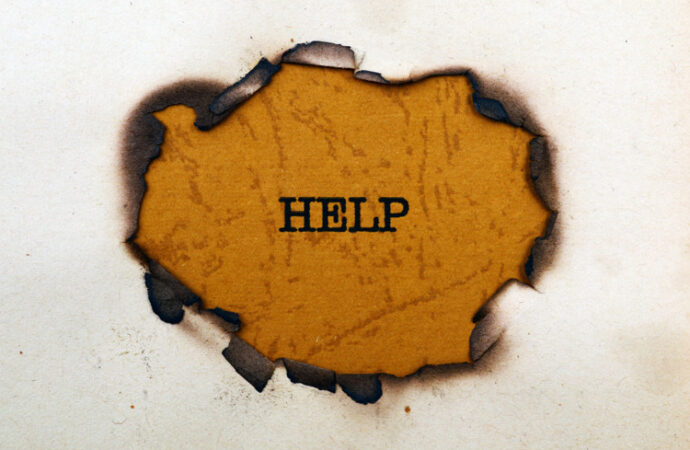War on Poverty Day is observed each year on January 8th to reflect on the ongoing efforts to address poverty in the United States and beyond.
This day coincides with the anniversary of President Lyndon B. Johnson’s declaration of the “War on Poverty” during his State of the Union address in 1964.
Johnson’s ambitious initiative aimed to reduce poverty through programs that focused on education, healthcare, job creation, and housing. Many of these programs, such as Medicare, Medicaid, Head Start, and food assistance, continue to impact millions of lives today.
For older adults, this day offers a chance to acknowledge how these programs have shaped their lives and to consider ways to contribute to the fight against poverty.
Origins of War on Poverty Day
The War on Poverty was part of President Johnson’s broader vision for a “Great Society.” He recognized that systemic poverty was deeply intertwined with issues like lack of access to education, healthcare, and stable employment opportunities.
Programs born from this initiative include:
- Medicare and Medicaid: Ensuring healthcare for seniors and low-income individuals.
- Head Start: Providing early childhood education and nutrition support for underprivileged children.
- Food Stamps (now SNAP): Helping families put food on the table.
- Job Corps: Offering vocational training to young adults.
These initiatives were not only economic investments but also efforts to create a fairer and more just society.
Ways to Honor and Celebrate War on Poverty Day
- Volunteer at Local Charities or Food Banks
Contribute your time to organizations that provide meals, clothing, or housing assistance to those in need. Older adults often find volunteering to be a fulfilling way to give back while staying active and social. - Share Your Story
Many seniors have firsthand experiences of living through tough times or benefiting from programs like Medicare. Sharing your journey can inspire younger generations and highlight the importance of these safety nets. - Advocate for Policy Change
Join advocacy groups or write to local representatives about issues like affordable housing, healthcare, or raising the minimum wage. Your voice can help influence positive change. - Organize or Attend Educational Events
Libraries, community centers, or senior organizations may host discussions or workshops about poverty-related issues. Attending these events can deepen your understanding of the challenges and solutions. - Support Small Businesses
Many small businesses are run by individuals striving to lift themselves out of poverty. By shopping locally, you help sustain their livelihoods.
Why War on Poverty Day Matters for Older Adults
Older adults often have unique perspectives and roles in addressing poverty. Here’s how this day connects with seniors:
- Medicare and Medicaid Legacy: Many seniors rely on these programs for healthcare, a cornerstone of Johnson’s War on Poverty. Reflecting on their importance can help ensure these programs remain robust.
- Mentorship Opportunities: Older adults can mentor younger individuals, sharing wisdom and skills that help foster financial independence.
- Staying Informed: Understanding modern poverty issues, like the digital divide or rising healthcare costs, allows older adults to support targeted solutions.
War on Poverty Day is more than a historical observance; it’s a reminder of the power of collective action to make a difference. By volunteering, advocating, and sharing their stories, older adults can play a vital role in continuing the fight against poverty.
Let this day inspire us all to reflect on our progress and commit to building a future where poverty becomes a thing of the past.

























